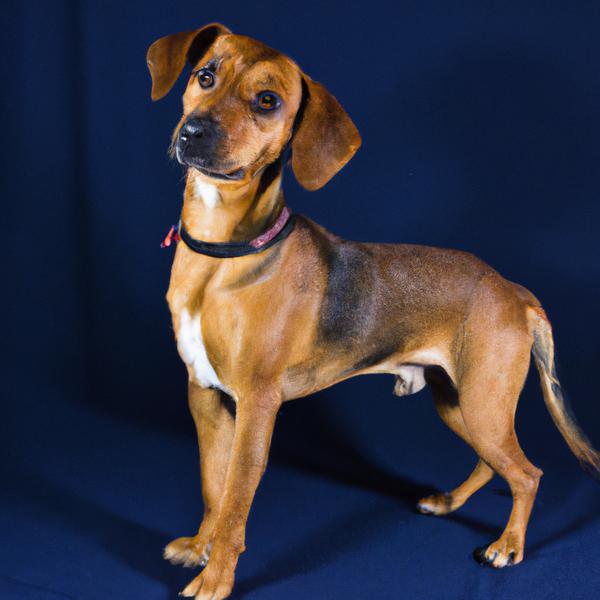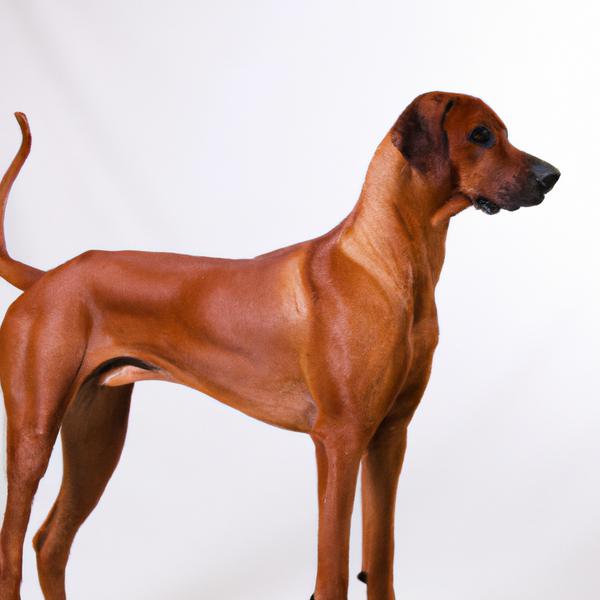Shethund vs. Rhodesian Ridgeback: Breed Differences and Similarities
Hypoallergenic
Are Shethunds or Rhodesian Ridgebacks hypoallergenic, or neither?
Unfortunately, neither Shethund nor Rhodesian Ridgeback are hypoallergenic, which may not make them the best choice for dog lovers who suffer from pet allergies.
Temperament
What are the personalities of Shethund and Rhodesian Ridgeback dogs?
Playful
Stubborn
Courageous
Intelligent
Friendly
Responsive
Affectionate
Devoted
Lively
Gentle
Clever
Dignified
Loyal
Sensitive
Intelligent
Mischievous
Strong
Willed
Shedding Level
Do Shethunds shed more than Rhodesian Ridgebacks, or which breed sheds more, Shethunds or Rhodesian Ridgebacks?
Shethunds are low shedding dogs, requiring minimal coat care.
Rhodesian Ridgebacks shed very little hair, making them a great choice for those who dislike excess hair in the house.
Origin
What is the origin of Shethund and Rhodesian Ridgeback dog breeds?
United States
South Africa
Ancestry
What are the origins of Shethund and Rhodesian Ridgeback breeds?
Shetland Sheepdog and Dachshund
african tribal dog, dane, mastiff, bloodhound, pointer, greyhound, terrier
Date of Birth
When were Shethund and Rhodesian Ridgeback breeds first developed?
2000's
1800s
Eye Color Possibilites
What are the eye colors of Shethund and Rhodesian Ridgeback dogs?
Blue
Brown
Brown
Amber
Nose Color Possibilites
What are the natural nose colors of Shethund and Rhodesian Ridgeback?
Black
Black
Brown
Coat Color Possibilites
What are the natural colors of the coat for Shethund and Rhodesian Ridgeback breeds?
Black
Brown
Cream
Sable
Blue
White
Fawn
Red
Coat Length
What is the typical coat length for Shethund and Rhodesian Ridgeback breeds?
Shethunds have medium-length coats.
Rhodesian Ridgebacks have coats that can be either short or medium in length.
Coat Density
What is the density of the coat of Shethund and Rhodesian Ridgeback?
Coat Texture
What is the hair texture of Shethund and Rhodesian Ridgeback?
Straight
Litter Size
What is the usual litter size for Shethund and Rhodesian Ridgeback?
A Shethund can have a litter of 4-8 puppies on average. However, it's worth noting that the size of the litters can vary greatly. Factors that can influence litter size include the health of the mother, breeding history, and genetics.
A Rhodesian Ridgeback can have a litter of 10-12 puppies on average. However, it's worth noting that the size of the litters can vary greatly. Factors that can influence litter size include the health of the mother, breeding history, and genetics.
Adaptability
Shethunds are highly adaptable and versatile, making them excellent companions for families and individuals of all lifestyles.
Rhodesian Ridgebacks are known for their adaptability and can adjust well to different environments and lifestyle changes.
Health Issues
Between Shethund and Rhodesian Ridgeback, which breed is more prone to health problems?
Shethund and Rhodesian Ridgeback breeds are generally considered to be healthy. However, like all breeds, they are susceptible to certain health issues and it is important to keep an eye out for them and address them with your veterinarian as needed.
Major Concerns
What are the major health concerns for Shethund and Rhodesian Ridgeback breeds?
Intervertebral Disc Disease
Deafness
Dermatomyositis
Von Willebrand's Disease
Acanthosis Nigricans
Collie Eye Anomaly (CEA)
Patent Ductus Arteriosus (PDA)
Dermoid Sinus
Hip And Elbow Dysplasia
Bloat
Minor Concerns
What minor health issues should be kept in mind when owning Shethund and Rhodesian Ridgeback?
Demodicosis
Cataracts
Mono/Bilateral Cryptorchidism
Microphthalmia
Ehlers-Danlos Syndrome
Progressive Retinal Atrophy (PRA)
Canine Cushing’s Disease
Joint Dysplasia
Urolithiasis
Entropion
Deafness
Cataracts
Hypothyroidism
Degenerative Myelopathy
Occasional Tests
What occasional tests are recommended for Shethund and Rhodesian Ridgeback breeds?
Brain Auditory Evoked Response (BAER)
Internal Imaging (x-ray, CT scan, MRI, etc.)
Blood And Urine Analysis
Ear Tests and Myringotomy Tests
Blood Sugar and Thyroid Tests
Yearly Physical Examination
Full Chemistry Panel Tests and Blood Count
Eye Examinations (both internal as well as external)
X-rays of various parts of the skeletal system
Dental and Oral Examinations
Echocardiography (ultrasound)
Hip
Hearing
Breeder Check For Dermoid Sinus
Skeletal
Thyroid Tests
X-Rays
Eye Examination
Social Needs
Shethund vs Rhodesian Ridgeback social needs comparison
Shethund and Rhodesian Ridgeback have above average social needs compared to other breeds. They thrive in environments where they have a lot of interaction with humans and other dogs.
Sleeping Need
Which of the two sleeps the most/least: Shethund or Rhodesian Ridgeback?
Shethunds have moderate energy levels and typical sleep patterns of 12-14 hours per day.
Rhodesian Ridgebacks sleep less than other breeds but still need adequate sleep for good health.
Mouthiness
Mouthiness Comparison: Shethund vs Rhodesian Ridgeback?
Roaming urge
Shethund vs Labrador: Running away tendency?
Prey Drive
Shethund or Rhodesian Ridgeback - which breed has a higher level of prey drive?
Past times
What are some enjoyable activities and ways to keep Shethund and Rhodesian Ridgeback entertained?
Fetch, Walk, Play, Snuggle
Fetch, Eating Snacks, Walk, Run, Playing, Tug-of-war, Running, Sniffing, Jumping, Walking, Get massages, Facial kisses, Wandering, Catch treats, Play, Zoomies, Go get it, Everything, Cuddling, Walks, Swimming
Activity Level
Which breed has higher energy, Shethunds or Rhodesian Ridgebacks?
Shethunds are high-energy dogs. They need mental as well as physical exercise. These dogs require a lot of your involvement and without it they can, and will, become problematic dogs.
Rhodesian Ridgebacks are medium-energy dogs and typically enjoy socializing and playing casual or even sustained games of chase with other dogs. They may also have occasional periods of barking or racing around the house.
Tolerance of being left alone
Walks per Week
How many miles should Shethund or Rhodesian Ridgeback walk each week?
There's really no limit to how far you walk your dog as long as they're comfortable. For Shethund, it's at least 7 miles / week. Just remember to build distance and stamina gradually over time.
There's really no limit to how far you walk your dog as long as they're comfortable. For Rhodesian Ridgeback, it's at least 10 miles / week. Just remember to build distance and stamina gradually over time.
Activity per Day
Do Shethunds or Rhodesian Ridgebacks require more exercise?
In general most Shethunds usually need at least 90 minutes of exercise daily. This can be spread across the day and include all sorts of high-energy activities, like walking, running and playing.
In general most Rhodesian Ridgebacks usually need at least 60 minutes of exercise daily. This can be spread across the day and include all sorts of high-energy activities, like walking, running and playing.
Grooming
Which breed is easier to maintain in terms of grooming, Shethunds or Rhodesian Ridgebacks?
Shethunds require significant grooming, including regular trims and professional grooming assistance to maintain their coat. They may also require frequent bathing to keep their coat and skin healthy.
The Rhodesian Ridgeback is a low-maintenance breed that doesn't require much grooming.
Brushing Frequency
What is the recommended brushing frequency for Shethund and Rhodesian Ridgeback dogs?
Shethund and Rhodesian Ridgeback should be brushed at least once a week. Of course, you can give them more frequent brushes if you find that they are still shedding a lot.
Brushing Tools
What brushing tools are used for Shethunds and Rhodesian Ridgebacks?
Pin Brush
Slicker Brush
Deshedder
Nail Clipper
Slicker Brush
Deshedder
Nail Clipper
Cups
How much food should be given to Shethund or Rhodesian Ridgeback in cups?
For an average 10-18 pound (5 - 8 kg) Shethund feed 1 cups daily. But, keep in mind, the amount you feed is going to be dependent on the quality of the food you are feeding.
For an average 79-85 pound (36 - 39 kg) Rhodesian Ridgeback feed 2.8 cups daily. But, keep in mind, the amount you feed is going to be dependent on the quality of the food you are feeding.
Daily Cost
Which breed has a higher daily cost, Shethund or Rhodesian Ridgeback?
The average cost of a Shethund is somewhere $1.10 - $1.40 per day.
The average cost of a Rhodesian Ridgeback is somewhere $2.10 - $2.70 per day.
Monthly Cost
Which breed has a higher monthly cost, Shethund or Rhodesian Ridgeback?
The average per month expenses of a Shethund is between $35 - $42. This makes an average of $420 - $504 per year. It will be on the higher side when the dog is still small because it will need more frequent visits to the vet, shots.
The average per month expenses of a Rhodesian Ridgeback is between $55 - $73. This makes an average of $660 - $876 per year. It will be on the higher side when the dog is still small because it will need more frequent visits to the vet, shots.
Sensitivity Level
How do Shethund and Rhodesian Ridgeback compare in sensitivity?
This breed is sensitive to its environment and best suited for patient and understanding families with a consistent routine.
This breed is sensitive and requires gentle handling and a calm home environment.
Apartment Friendly
Which breed is more apartment-friendly: Shethund or Rhodesian Ridgeback?
Shethunds and Rhodesian Ridgebacks are dogs that do well in apartments with sufficient exercise, but they would really appreciate a small yard.
Child Friendly
Do Shethunds or Rhodesian Ridgebacks have a friendlier temperament towards children?
Shethunds have an average level of friendliness towards children.
Rhodesian Ridgebacks make excellent family pets for kids due to their gentle, protective nature and calm temperament.
Senior-friendly
Which dog is more suitable as a pet for the elderly - Shethund or Rhodesian Ridgeback?
Cat Friendly
Do Shethund or Rhodesian Ridgeback breeds have a better compatibility with cats?
Shethunds are good with cats, but early training is needed to prevent chasing behavior.
Rhodesian Ridgebacks are somewhat cat friendly and can be trained to get along with cats.
Dog Friendly
Which breed is more sociable with other dogs: Shethund or Rhodesian Ridgeback?
Shethunds are average in their friendliness towards other dogs, and socialization can help.
Rhodesian Ridgebacks are less friendly towards other dogs, but can improve with socialization.
Pet friendly
How do Shethund or Rhodesian Ridgeback dogs interact with other pets?
Stranger Friendly
Which breed is more friendly with strangers: Shethund or Rhodesian Ridgeback?
They can be below average friendly around strangers, being keen of eye and sharp of tongue, and very quick to announce strangers at the door. Once the visitor comes in, some Shethund and Rhodesian Ridgeback may be friendly and outgoing, while others can be standoffish or suspicious towards strangers.
Playfulness
Which breed is more playful between Shethund and Rhodesian Ridgeback?
Shethunds have an average level of playfulness, enjoying playtime like most dogs but not excessively so.
Rhodesian Ridgebacks are a playful breed that needs daily playtime to be happy.
Trainability
How do the trainability levels of Shethunds and Rhodesian Ridgebacks compare?
Shethunds are popular for their ease of training and quick learning ability.
Rhodesian Ridgebacks are usually easy to train but require consistency to fully obey commands.
Compare Shethund with other breeds

Miniature Bulldog
Shethund vs Miniature Bulldog
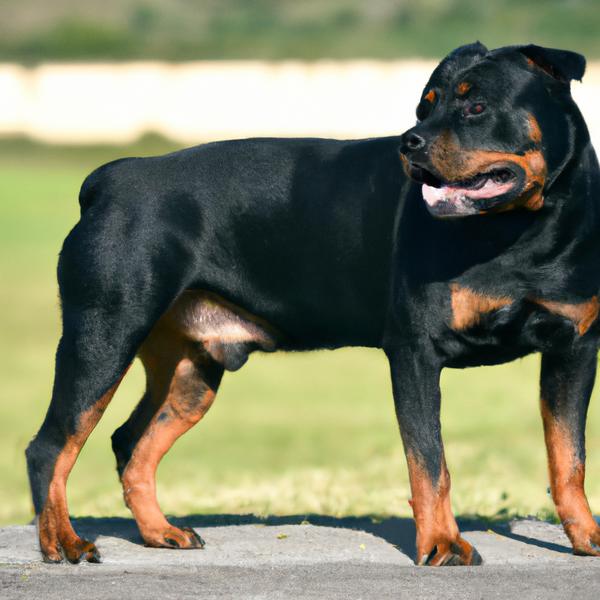
English Bullweiler
Shethund vs English Bullweiler
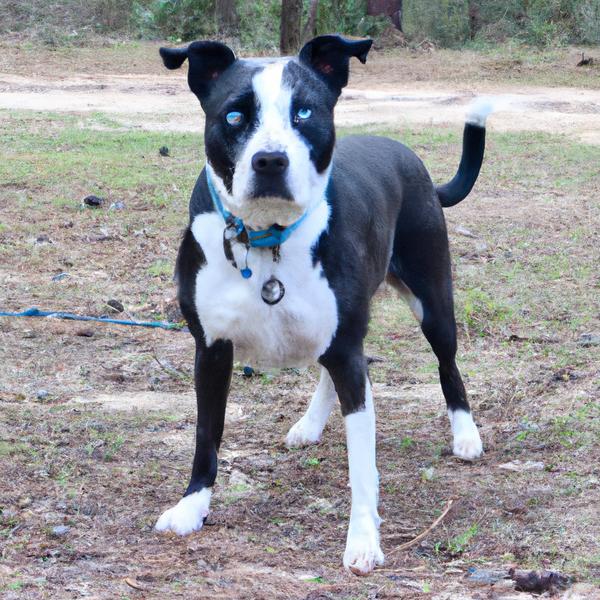
Border Collie Pit
Shethund vs Border Collie Pit
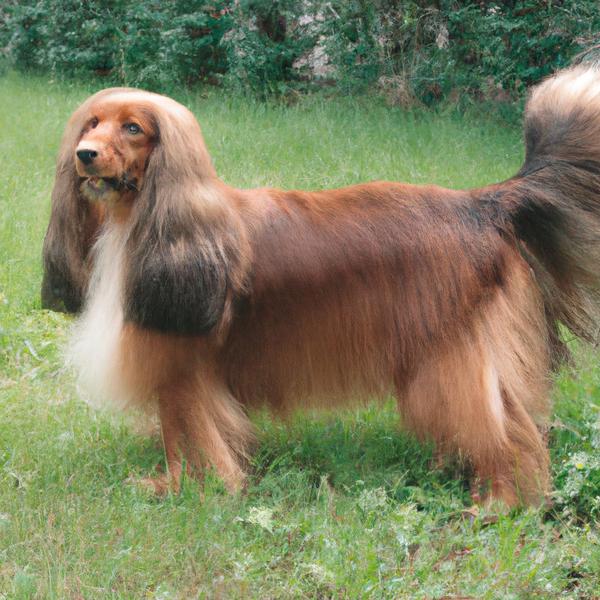
Cocker Sheltie
Shethund vs Cocker Sheltie
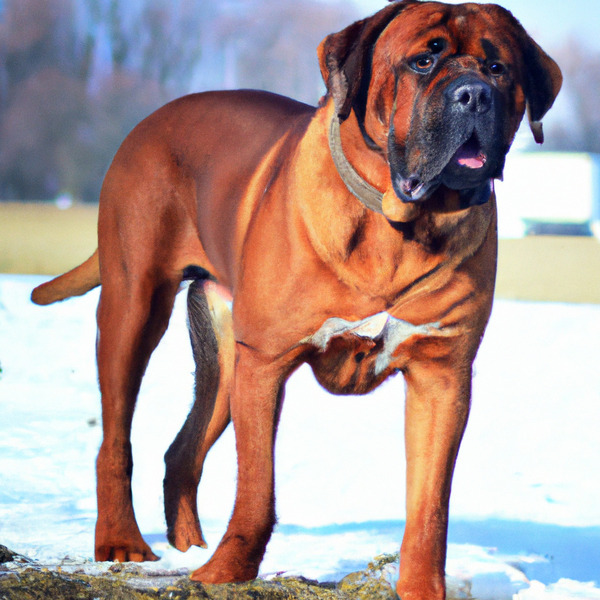
Tosa
Shethund vs Tosa
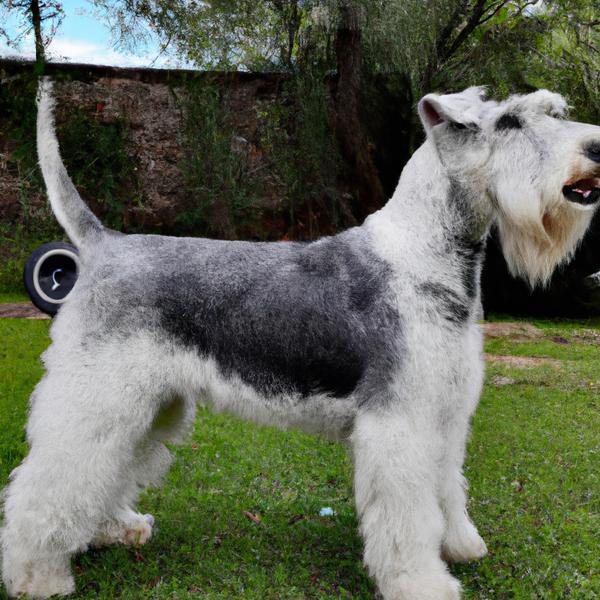
Sealydale Terrier
Shethund vs Sealydale Terrier
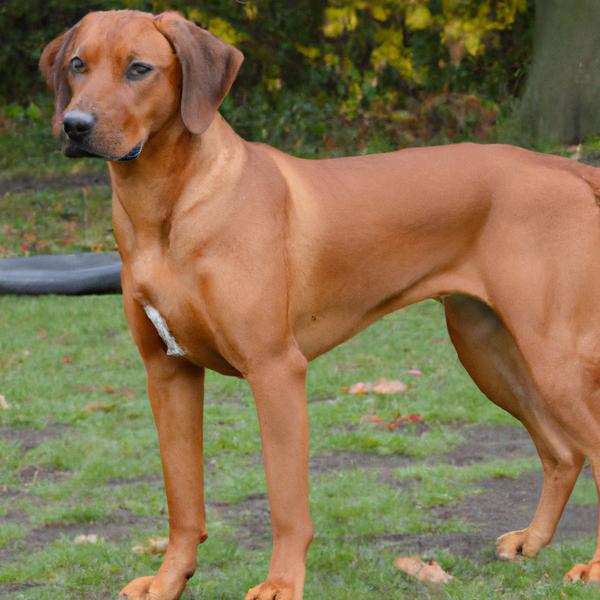
Rhodesian Labrador
Shethund vs Rhodesian Labrador
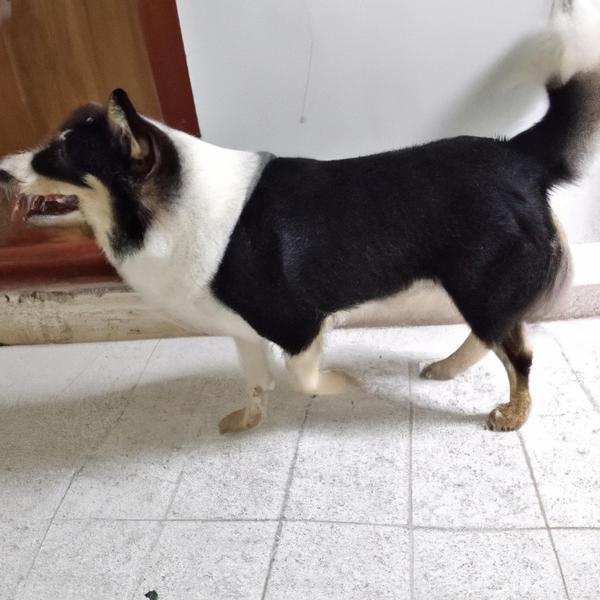
Rashon
Shethund vs Rashon
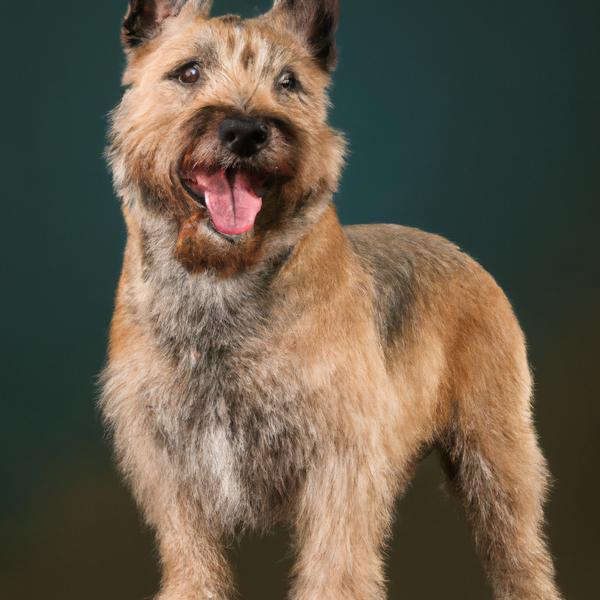
Cairland Terrier
Shethund vs Cairland Terrier
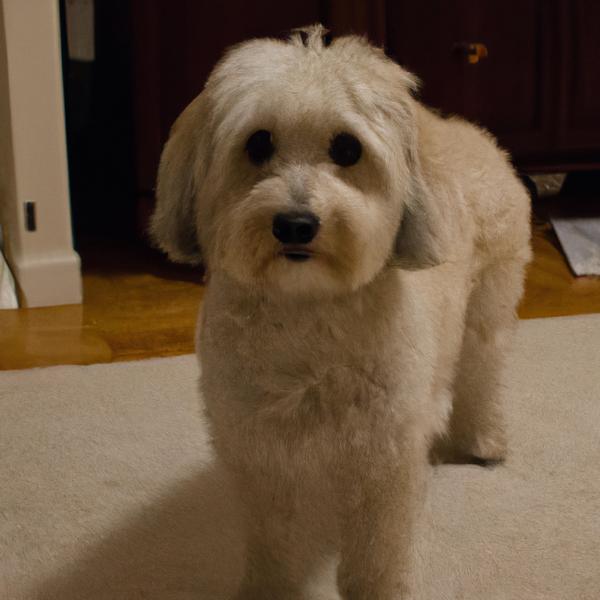
Sammypoo
Shethund vs Sammypoo
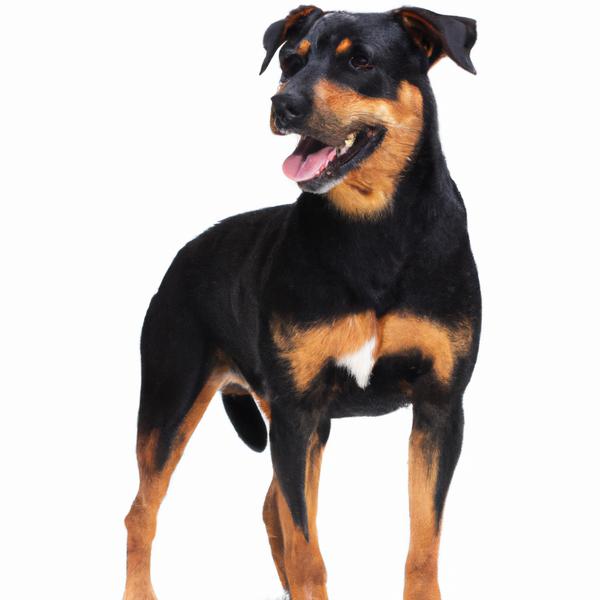
Jackweiler
Shethund vs Jackweiler
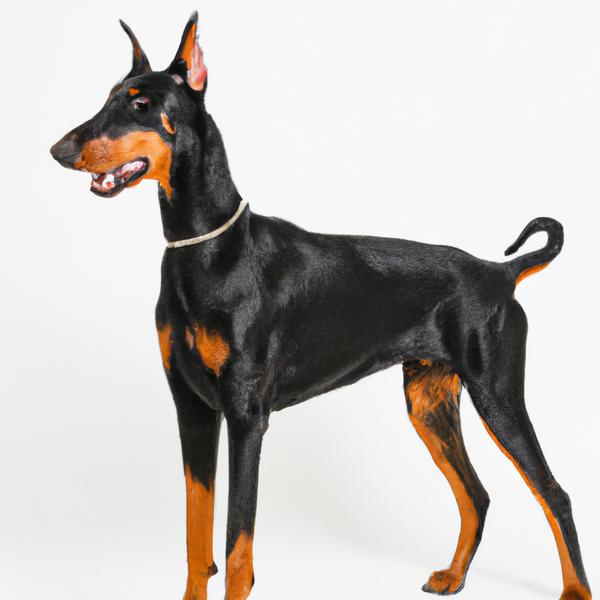
Doberman Collie
Shethund vs Doberman Collie
